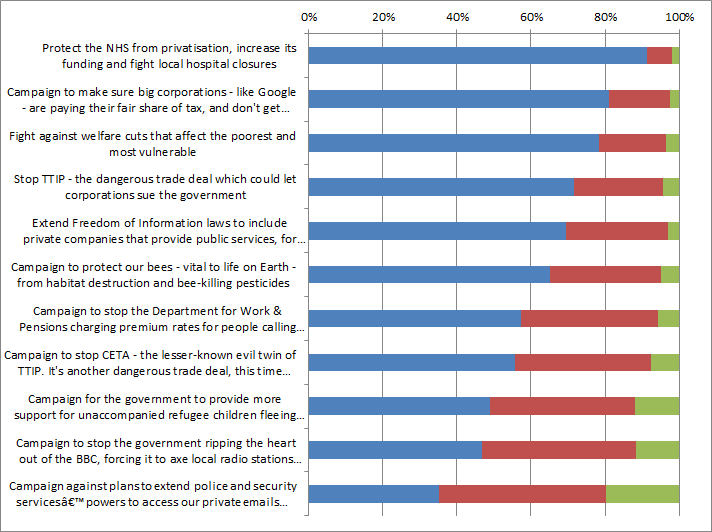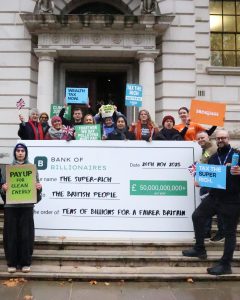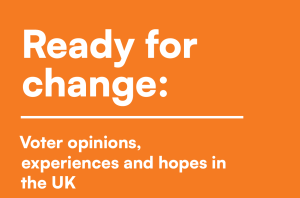
Feb 29th, 2016
Weekly Member Survey Results – 27th Feb
By Becca McCarthy
As members of 38 Degrees, each one of us helps decide the issues we work on together to make change happen. Knowing what all of us care about is vital.
On Monday morning, the office team sit down with the results of this survey to help decide what’s on the table for the week. Here are the results (click on the image for a larger version):
We work best when we decide what to do together. People power shapes what we do together every day, and every week we ask you to decide what we should do next.
Since 38 Degrees started over six years ago we’ve grown together into a powerful movement. There are millions of us across the UK. Part of our strength is our ability to work on more than one issue at a time.
Here’s the list of questions in full for this week’s poll:
Should 38 Degrees…
Protect the NHS from privatisation, increase its funding and fight local hospital closures
Campaign to make sure big corporations – like Google – are paying their fair share of tax, and don’t get away with tax dodging
Fight against welfare cuts that affect the poorest and most vulnerable
Stop TTIP – the dangerous trade deal which could let corporations sue the government
Extend Freedom of Information laws to include private companies that provide public services, for example like Serco who deliver NHS services
Campaign to protect our bees – vital to life on Earth – from habitat destruction and bee-killing pesticides
Campaign to stop the Department for Work & Pensions charging premium rates for people calling their Universal Credit helpline
Campaign to stop CETA – the lesser-known evil twin of TTIP. It’s another dangerous trade deal, this time between Canada and the EU, which could let corporations sue the
Campaign for the government to provide more support for unaccompanied refugee children fleeing war and violence
Campaign to stop the government ripping the heart out of the BBC, forcing it to axe local radio stations and much-loved tv shows
Campaign against plans to extend police and security services’ powers to access our private emails and phone calls


















